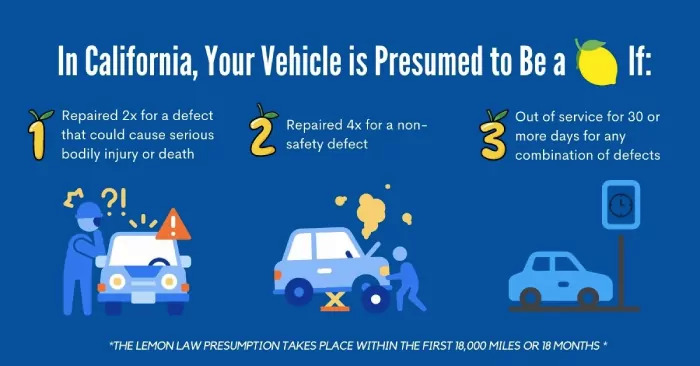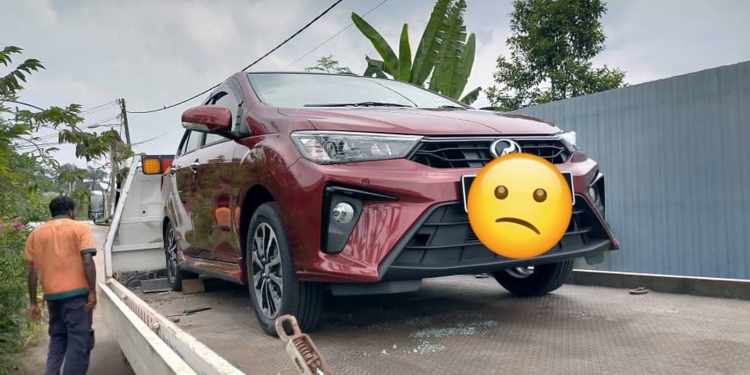According to the Ministry of Domestic Trade and Cost of Living, a feasibility study on the Lemon Law will be carried out this year. According to the Minister, Datuk Armizan Mohd Ali, the Lemon Law will help consumers claim losses if the product or vehicle they purchased breaks down or does not follow the quality criteria as stated by the manufacturer.
He was responding to a question by Datuk Seri Wee Ka Siong at today’s parliamentary seating.
“Once the study is completed, a policy decision will be made at the Ministry level before the legal framework is carried out,” he said in a written reply.
What is a Lemon Law?

A Lemon Law is legislation that protects consumers who are purchasing a new product. The law states that a consumer can request a price reduction or even a full refund if the product they purchased repeatedly does not meet the standards of quality and performance as outlined by the manufacturer.
The law has already been adopted in countries such as the United States, Singapore, South Korea, China and the Philippines.
As a note, the Lemon Law is not only for vehicles – other consumer goods are also covered under the law. But generally, the Lemon Law usually applies to vehicles.
Consumer groups in Malaysia have demanded the Lemon Law to be introduced to protect consumers and hold car companies responsible for defective cars and repair said cars. Penang Consumer’s Association said that the Lemon Law will strengthen the Consumer Protection Act. Singapore incorporated a lemon law in its Consumer Protection (Fair Trading) in 2004.
Cases where Lemon Law makes sense
The recent case of a new Perodua Bezza that broke down less than eight hours after being picked up by the owner is a good example of where the Lemon Law can be applied. Instead of receiving any replacements, the owner was instead obligated to pay the monthly payments for the loan even though her car was stranded at the service centre.
According to legal experts, Perodua can’t replace the car as the sale is regulated under contract law and the Sales Goods Act. There are no provisions to allow any 1-to-1 replacements or request a refund process in the current laws – not even a buy-back provision.
While Perodua offered to purchase back the car from the owner, there was no guarantee from the manufacturer that her original loan would be cancelled. If there was a Lemon Law in place, the owner could ask Perodua to reduce or even refund her loan as the car was stuck with Perodua.
Can consumers get refunds for lemon vehicles right now?
Unfortunately no. There are no laws currently that give consumers the power to demand a refund from the manufacturer.
With a lemon law, there can be a clause where the defective products need to be repaired or replaced by the manufacturer, while the consumer can also ask if the original price is to be reduced as the product does not meet the standards set by the manufacturer.
Until the law is approved and gazetted, consumers will face an uphill battle in a tribunal to get any retribution or compensation from manufacturers who may or may not unknowingly sell them a lemon of a car. The current Consumer Protection Act (CPA) 1999 only allows claims for an amount not more than RM50,000.
[SOURCE]








